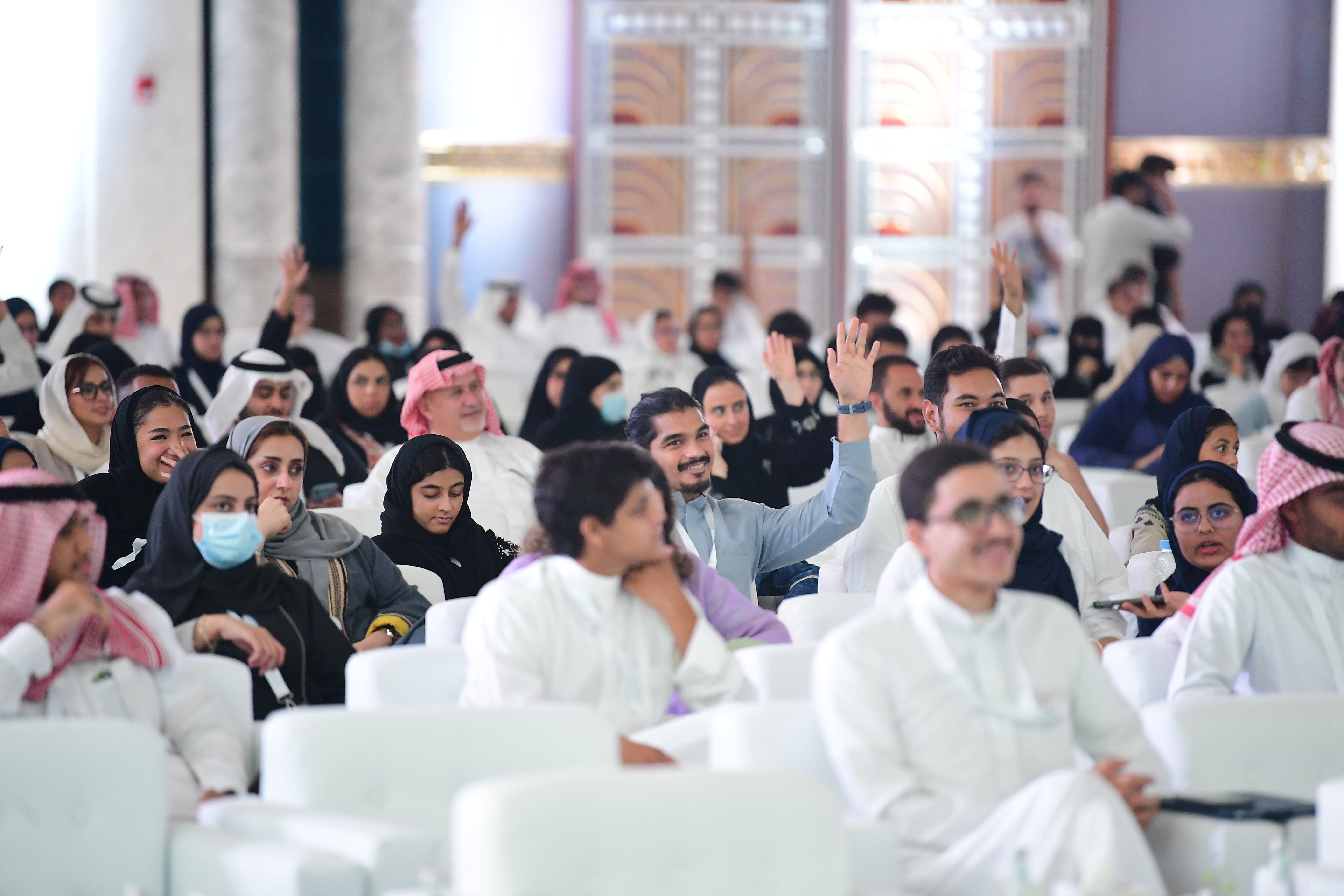
The widening cultural gap between generations stems from lifestyle changes driven by the digital revolution. The older generation—those who grew up before the advent of the internet and smartphones—relied heavily on face-to-face relationships and direct interactions. In contrast, the younger generation depends largely on the digital world for communication, whether through social media platforms or digital applications.
Social and Human Values
The older generation lived in a society rooted in traditional values such as respect, personal relationships, and strong community bonds. Their interactions took place primarily through in-person meetings and phone calls, emphasizing direct, meaningful connections.
The younger generation, however, relies more on digital platforms for communication, leading to a transformation in how relationships are formed and maintained. Applications like WhatsApp, Facebook, and Instagram have become integral to their daily lives, shaping their understanding of social interactions. While these tools offer instant connectivity, they can also weaken emotional depth and reduce direct, personal engagement.
Education and Learning
In the field of education, older generations were accustomed to traditional learning methods, such as classroom lectures and printed textbooks. With the rise of the internet, younger generations have turned to digital resources, including online courses (MOOCs) and educational platforms like YouTube, Coursera, and edX. This shift has significantly changed how knowledge is acquired and processed.
While digital learning makes information more accessible and immediate, it has also reduced reliance on traditional methods like group discussions and critical thinking exercises. These changes have influenced communication skills and deep analytical thinking, which older generations valued in the educational process.
Work and Productivity Mindsets
In the professional world, older generations followed conventional work models, often adhering to structured 9-to-5 office jobs. In contrast, the younger generation has embraced remote work, flexible schedules, and digital careers, which have become part of modern work culture.
These shifts have redefined productivity—whereas the older generation associates high efficiency with physical presence in the workplace, younger professionals prioritize accessibility to information and goal-oriented outcomes. This evolution has also given rise to new professional cultures, including freelancing and the gig economy.
While older professionals value stability and consistency, younger workers prefer adaptability and technological integration into their careers.
Bridging the Cultural Gap
To minimize the generational gap, both generations must adopt a flexible mindset that acknowledges the importance of technology while preserving traditional values. This can be achieved through:
There is no doubt that digital transformation has fundamentally altered generational cultures and how they interact with the world. While older generations face challenges adapting to these rapid changes, younger generations must also recognize the importance of preserving traditional values that contribute to a cohesive society. Only through dialogue and mutual understanding can we bridge the cultural gap and achieve a balance between technological advancement and human values.